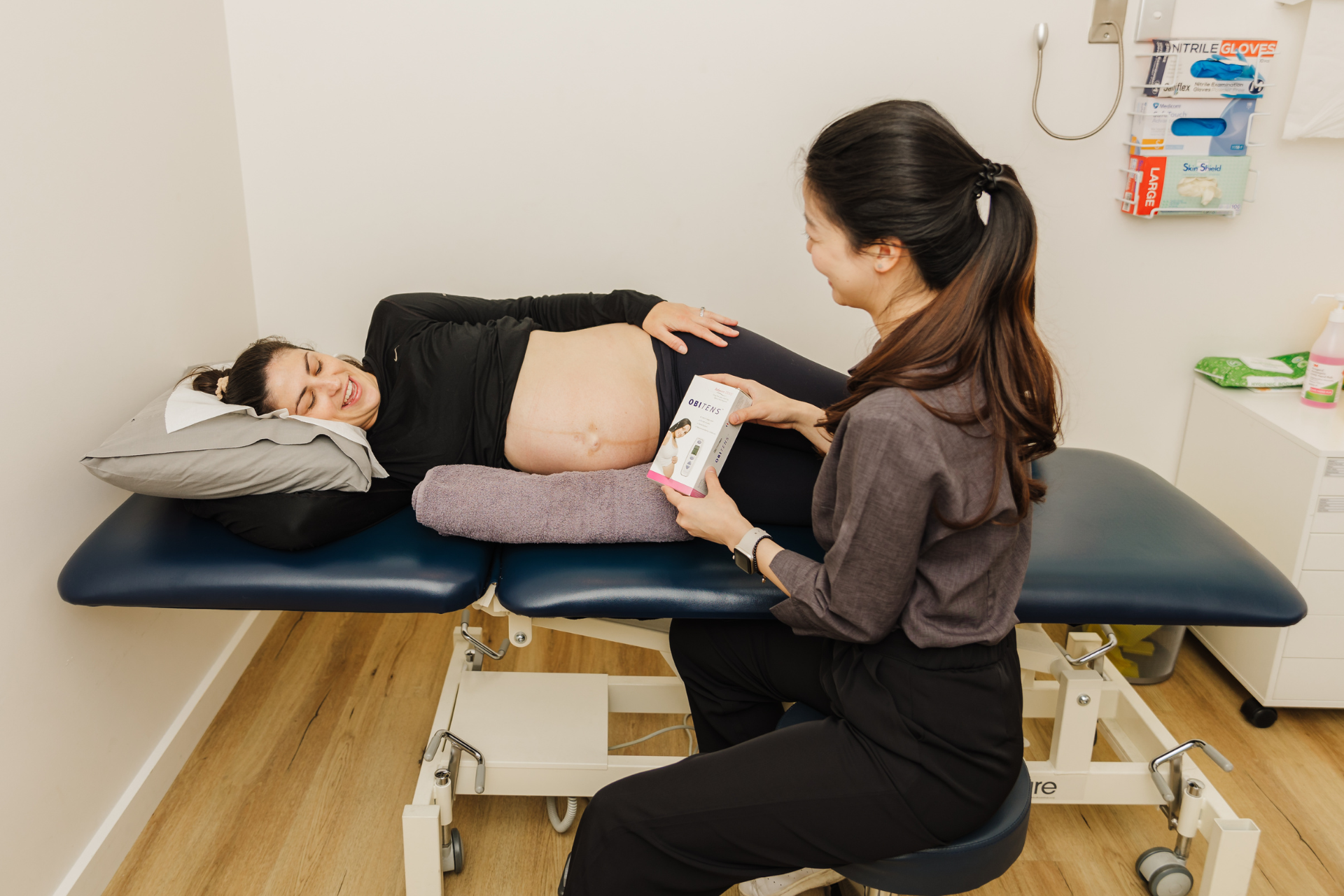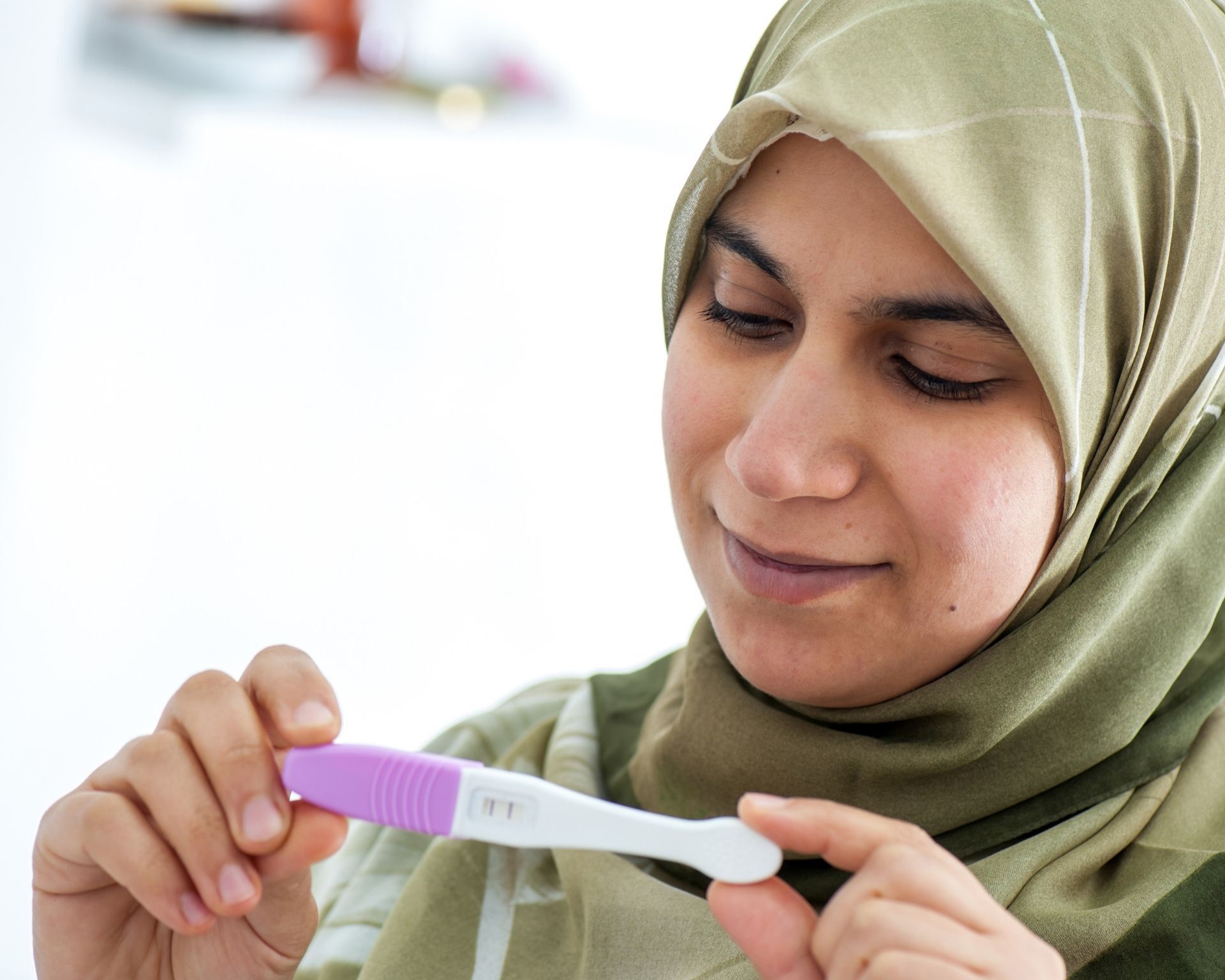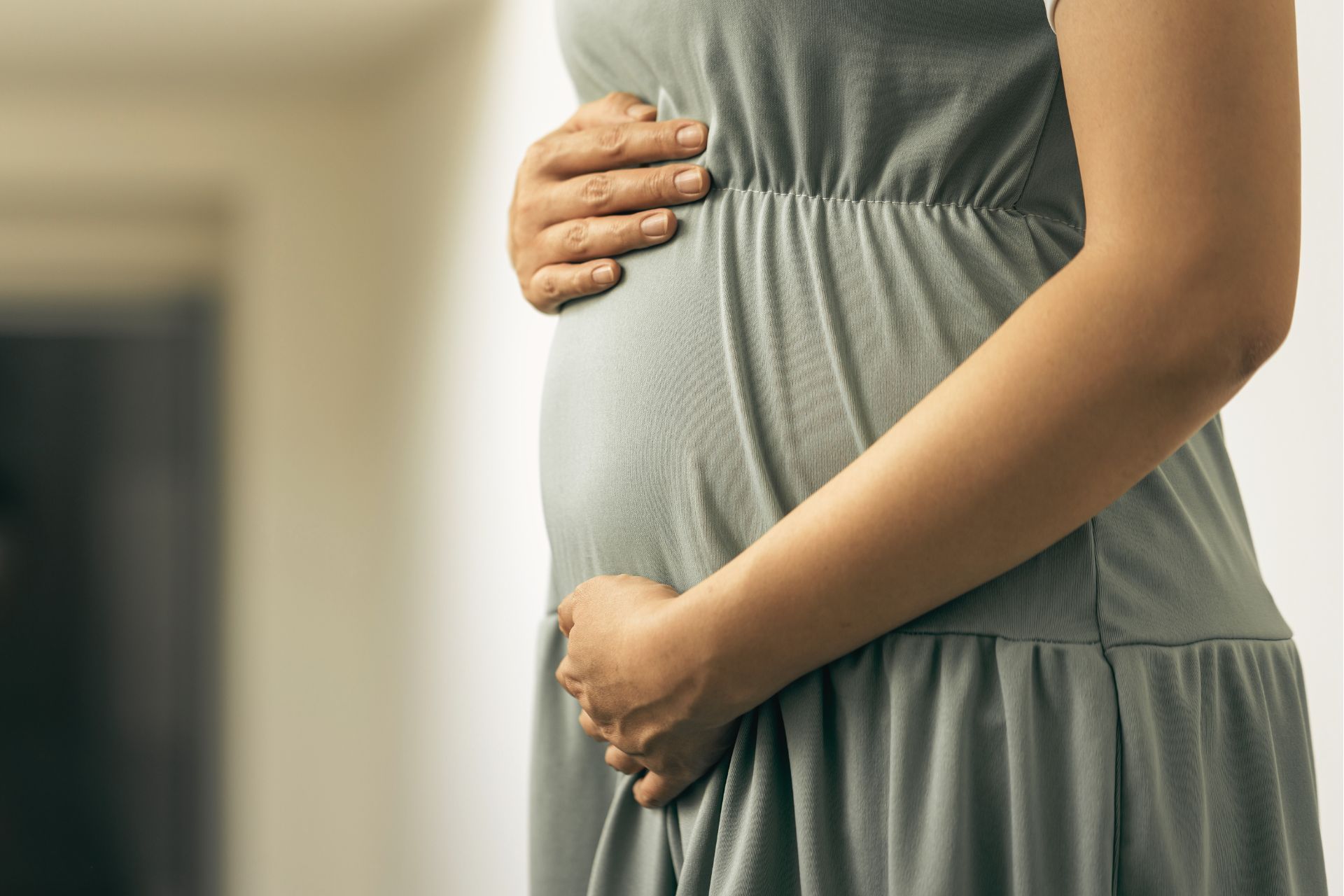Congratulations on your pregnancy!
As your baby grows, your body will go through significant changes. It is important to understand these changes, stay active, and prepare for the birth of your baby.
Our
BODY
before
BABY, pregnancy care program is designed to support you with knowledge, practical advice and treatments to make this amazing experience memorable.
BODY before Baby
Our Pregnancy care program.
BbB NOW - Assessment
(13-27 weeks)
Your initial appointment will provide advice and recommendations on:
- Changes to your body during pregnancy, what is normal and when to seek help
- How to stay active and exercise safely, including a personalised exercise program
- Your pelvic floor muscles, how they support you during pregnancy and an assessment of their current function
- How to prepare for the bladder and bowel changes that occur during pregnancy
- Intimacy during pregnancy - what is normal
- Blood pressure monitoring and urine testing where relevant
- Treatment for lower and upper back pain, neck pain, and pelvic girdle pain (sacroiliac joint (SIJ), pubic symphysis, coccyx and hip).
Appointment time 60 minutes.
BbB 28 - Birth Choices
(28 - 31 weeks)
Your appointment will include:
- Changes to your body and new muscle aches and pains
- Pregnancy pain support aids (abdominal support bands/braces, supportive footwear, ice/heat packs)
- What is active labour?
- Birthing education and your choices including vaginal and caesarian deliveries
- Effective birthing positions
- Birthing aids available to use (TENS pain management, ice/heat packs, fitball, belly supports, water births)
- Blood pressure monitoring and urine testing as appropriate
- Treatment for lower and upper back pain, neck pain, and pelvic girdle pain (sacroiliac joint (SIJ), pubic symphysis, coccyx and hip).
Appointment time 30 - 45 minutes depending on individual needs.
Ideally, your support person will attend this appointment with you so you can discuss your options and make informed choices.
BbB 32 - Pushing Techniques
(32 - 35 weeks)
Your appointment will include:
- Learn and practice safe birthing positions
- Learn and practice effective pushing positions and techniques
- Pelvic Floor assessment and how and when to relax the muscles during birthing
- What is your Perineum? and why massage can help to prepare for a vaginal delivery
- Pregnancy pain support aids (abdominal support bands/braces, supportive footwear, ice/heat packs)
- Post-natal recovery aids (supportive apparel and footwear, perineal ice packs)
- Blood pressure monitoring, urine testing and any concerns with swelling and pain
- Treatment for lower and upper back pain, neck pain, and pelvic girdle pain (sacroiliac joint (SIJ), pubic symphysis, coccyx and hip).
Appointment time 30 - 45 minutes depending on individual needs.
Ideally, your support person will attend this appointment with you so you can discuss your options and make informed choices.
BbB 36 - Aftercare
(36 - 40+ weeks)
Your appointment will include:
- Early postnatal care for your body recovery (bladder, bowel, perineum, c-scar, abdominal separation)
- What is normal recovery and when should I seek help?
- Postnatal recovery aids (support apparel and footwear, perineal icepacks)
- What is a prolapse? and how can it be managed
- Advice on intimacy after birth
- Breastcare and breastfeeding positions
- Support information for birth trauma and postnatal depression
- Pregnancy pain support aids (abdominal bands/braces, supportive footwear, ice/heat packs)
- Blood pressure monitoring, urine testing and any concerns with swelling and pain
- Treatment for lower and upper back pain, neck pain, and pelvic girdle pain (sacroiliac joint (SIJ), pubic symphysis, coccyx and hip).
Appointment time 30 - 45 minutes, depending on individual needs.
Ideally, your support person will attend this appointment so you can discuss your options and make informed choices.

How can we help?
Physiotherapy during pregnancy?
Physiotherapy during pregnancy can provide you with:
- Regular blood pressure monitoring and urine testing to ensure they are within normal range
- A personalised pelvic floor assessment and strengthening, endurance or muscle activation program
- Pregnancy massage, dry needling, joint mobilisations and exercises to help your back, sacroiliac joint, pubic symphysis, hip and/or neck pain
- Advice and treatment for managing your vulval or varicose veins
- Exercise ideas to keep you fit and healthy during pregnancy which are pelvic floor safe and targeted to your fitness level and goals
- Core strengthening exercises and support garments to reduce your risk and the severity of tummy muscle stretching
- Help with pregnancy-related bladder, bowel or intimacy concerns
- Pre-delivery assessment of your pelvic floor and perineum to advise on birth preparation relevant to you
- Active birth skills (positioning and pushing) and education to help prepare you, "with eyes wide open”, for birth and the first few days after
Related Blogs


















